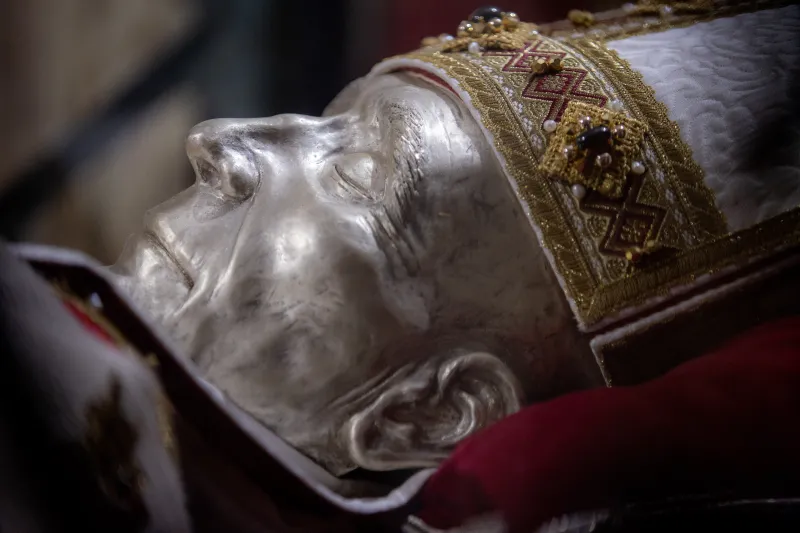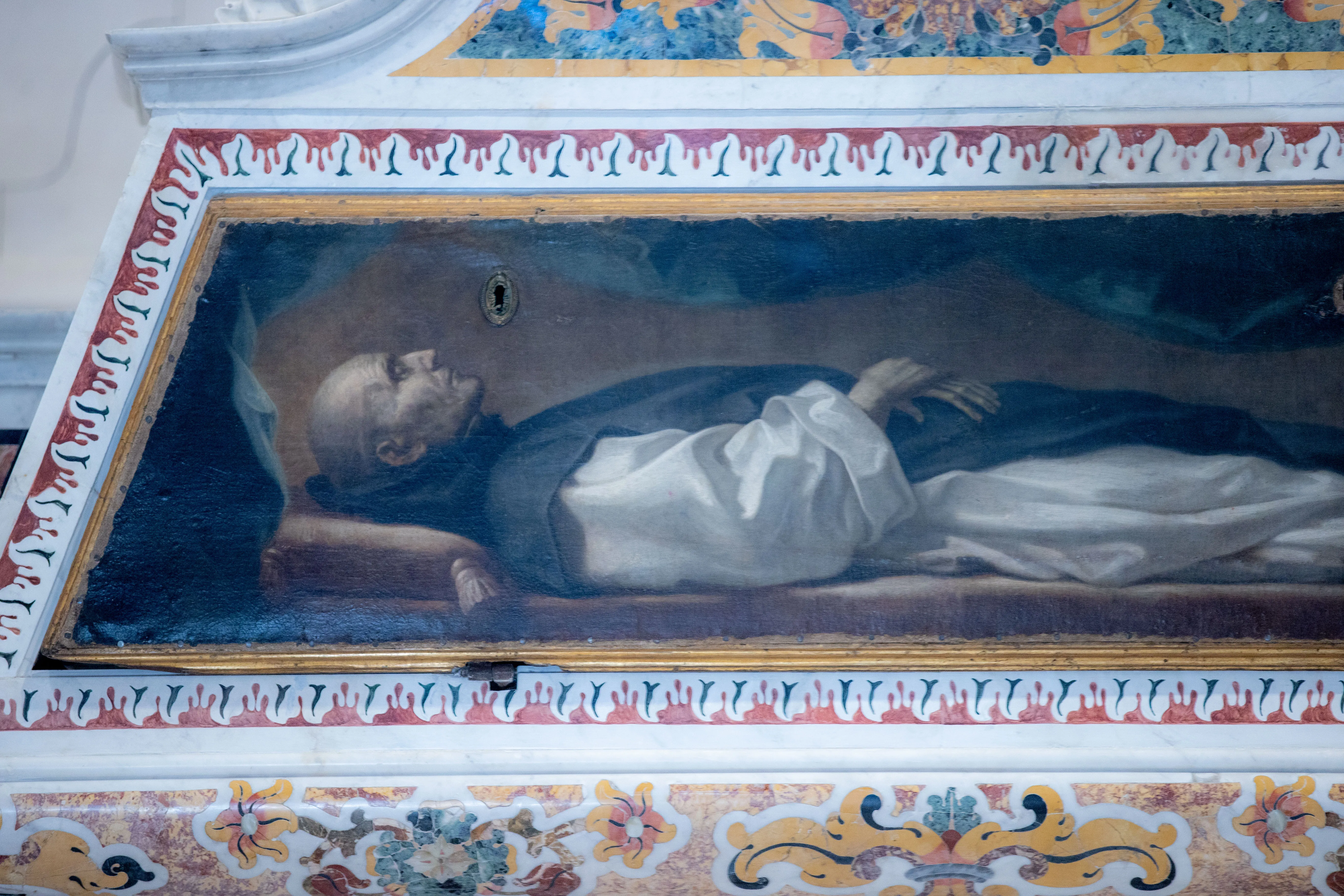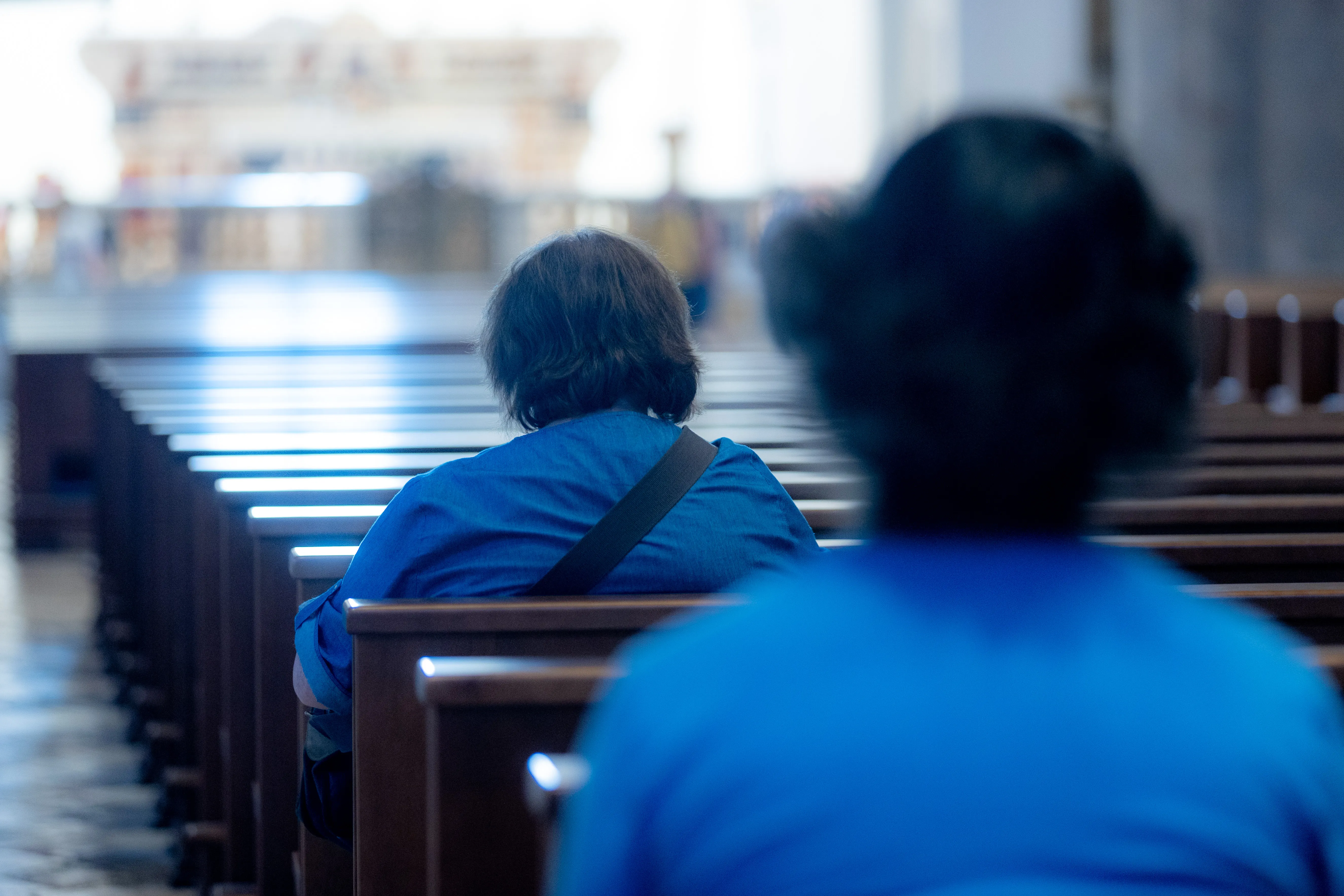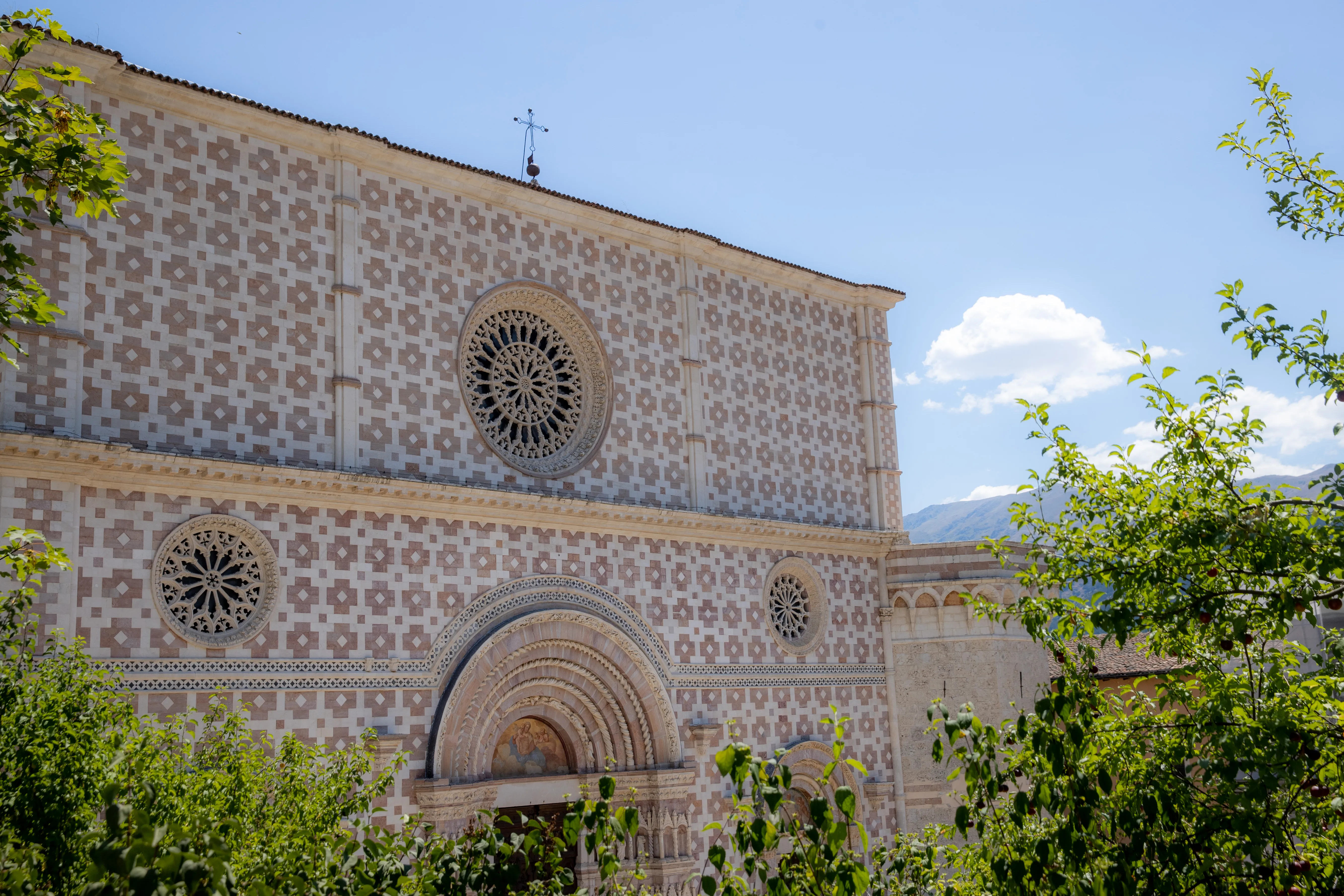
For Byzantine Christians living in the northern hemisphere, it’s a bit unfortunate that January abounds with absolutely top-tier thinkers, as we can so easily overlook them in the holiday haze. These luminaries deserve more attention. Of whom do I speak? John Chrysostom, Basil of Caesarea, Gregory of Nyssa, Anthony of Egypt, and Gregory of Nazianzus, and Ephraim the Syrian (on January 28; about whom more another time). It’s an stunning line-up of patristic glory.
Countless books have been written about each of these churchmen, and numerous doctoral dissertations and scores of articles are still published today about their works. Their role in the Christological controversies of the crucially formative fourth century can scarcely be overstated. They are heaped with laudations and epithets:

Rather than try to sum up even one significant achievement of even one of these towering giants, let me simply encourage readers to discover their works and to read them. But before they do so, let me briefly treat two questions: Why read them still in 2022? And how might we most profitably read them?
Both questions have been given compelling answers by the leading Catholic and Orthodox scholars of the last century. For the former, I would commend to readers an essay first published in 1939 by Hans Urs von Balthasar, “The Fathers, the Scholastics, and Ourselves”.
Von Balthasar wrote an even more compelling case for why and how to read the Fathers in a book published by Communio and Ignatius Press: Presence and Thought: Essay on the Religious Philosophy of Gregory of Nyssa. In an elegant and moving foreword (more than worth the price of the book), the late Swiss theologian captures the dynamic tension that must be maintained as the Church remembers her past without either rubbishing or romanticizing it:
We remember it, as a man remembers the profound intuitions he had as an adolescent. If he cannot relive them just as they were, because his situation, his life, indeed, the whole world have changed for him, he can at least fortify himself with the thought that that purity of inspiration, that burning and impatient resonance of his whole being is his very self! We should…not collect the living and sacred documents of our life (and the history of the Church is our life) as a person would collect stamps or butterflies. That would be to demonstrate that we are already dead. Let us read history, our history, as a living account of what we once were, with the double-edged consciousness that all of this has gone forever and that, in spite of everything, that period of youth and every moment of our lives remain mysteriously present at the wellsprings of our soul in a kind of delectable eternity.
Reading the past, then, is not a mindless attempt to return to an age that is over or to submit to authorities who are dead. As von Balthasar insists in many places (and as his close friend Pope Benedict XVI memorably put it in his inaugural papal homily in April 2005), the Church is alive, and she has not just the freedom but the duty to decide how to live in the present in light of her past tradition.
On the Orthodox side, von Balthasar’s near-contemporary Georges Florovsky wrote an equally important essay, “St. Gregory Palamas and the Tradition of the Fathers.” He grappled with the same questions and tensions that von Balthasar highlighted. Florovsky writes that
“Tradition” in the Church is not a continuity of human memory, or a permanence of rites and habits. It is a living tradition—depositum juvenescens, in the phrase of St. Irenaeus. Accordingly, it cannot be counted inter mortuas regulas [among dead rules]. Ultimately, tradition is a continuity of the abiding presence of the Holy Spirit in the Church, a continuity of Divine guidance and illumination. The Church is not bound by the “letter.” Rather… the Spirit of Truth, which “spake through the Prophets,” which guided the Apostles, is still continuously guiding the Church into the fuller comprehension and understanding of the Divine truth, from glory to glory.
Do we see our own age as being one in which the Church is moving from glory to glory? I know of nobody who thinks that today in an uncritical way given the relentless press of scandal and corruption our media endlessly put before us.
But to read Church history, and to read her historically influential leaders, is to see at once that we’ve all been here before: corruption, heresy, and division have always been with us, mixed in with purity, holiness, and unity. How to discern the way forward in a corrupt and faithless age is itself a question the Fathers themselves faced, and this is clear from reading one final book of note here: Augustine Casiday’s accessible and powerful Remember the Days of Old: Orthodox Thinking on the Patristic Heritage. I have used this book with students who find it enormously profitable, not least for Casiday’s reminding us that we, like the Fathers, have the exact same “Christian freedom…in the business of articulating their good news in the idiom of their contemporaries.”
As 2022 unfolds, let us use our freedom to create some good news to articulate!
If you value the news and views Catholic World Report provides, please consider donating to support our efforts. Your contribution will help us continue to make CWR available to all readers worldwide for free, without a subscription. Thank you for your generosity!
Click here for more information on donating to CWR. Click here to sign up for our newsletter.










Thank you for reminding us how these Saints and DRs of the Church fought heresies and kept the faith of the Apostles intact to pass down to us today. Anthony who lived to 105? became the Father of monasticism. WE should pray to them for today’s heresies and
loss of Faith among our contemporaries.
Notwithstanding Von Balthasar’s dazzling use of language, counterpoint meaning, “that burning and impatient resonance of his whole being [we are assured by Balthasar] is his very self, is not a collection of butterflies, or stamps”, an unmatched intellectual finesse that leaves the reader bedazzled, if critically inquisitive to perhaps ask, What have I come away with that differentiates what I held prior? Let’s be exacting on this vital matter of truth and its variable interpretation through the centuries.
Is what the reader holds a wisp of memory now subjected to the winds of history? Rather, is it the evidence of faith? Augustine, Irenaeus, conveyed what is revealed to the intellect by faith. Florovsky brilliantly postulates, It cannot be counted inter mortuos regulus, among dead rules. Dead rules. His Holiness might well pin the Legion of Honor on Florovsky.
Evidence of truth revealed to us by Christ’s gift of faith is not subject to dead rules old or new. Even if argued as living new rules. That’s because the revelation is what subjects our understanding.
I empathize with DeVille that Von Balthasar’s hopeful, “Understanding of the Divine truth, from glory to glory”, is what “nobody thinks today in an uncritical way given the relentless press of scandal and corruption our media endlessly put before us”. The issue may be perceived more than simply the relentless press, even ecclesial corruption. Rather as the misunderstanding of revelation both by theologians, Church leadership, as well as the press.
And a great way to start on this is by reading the writings of the Three Apostolic Fathers and then continuing from there. Day by day, read a little.
https://fatima.org/news-views/catholic-apologetics-144/